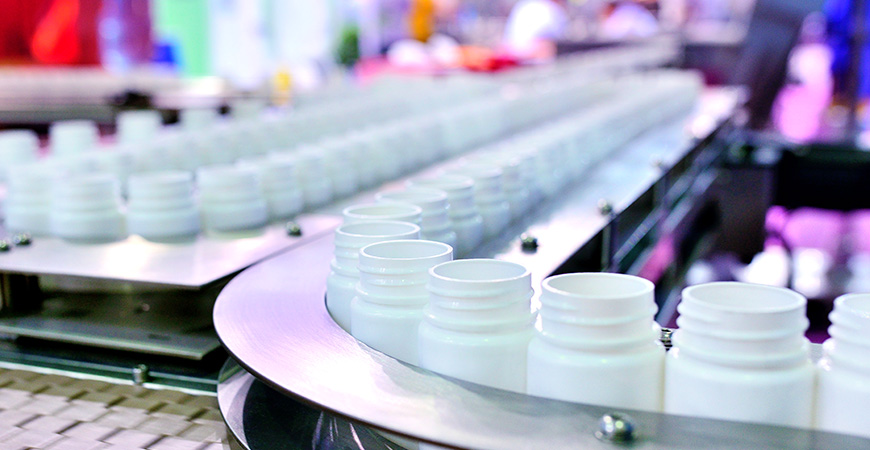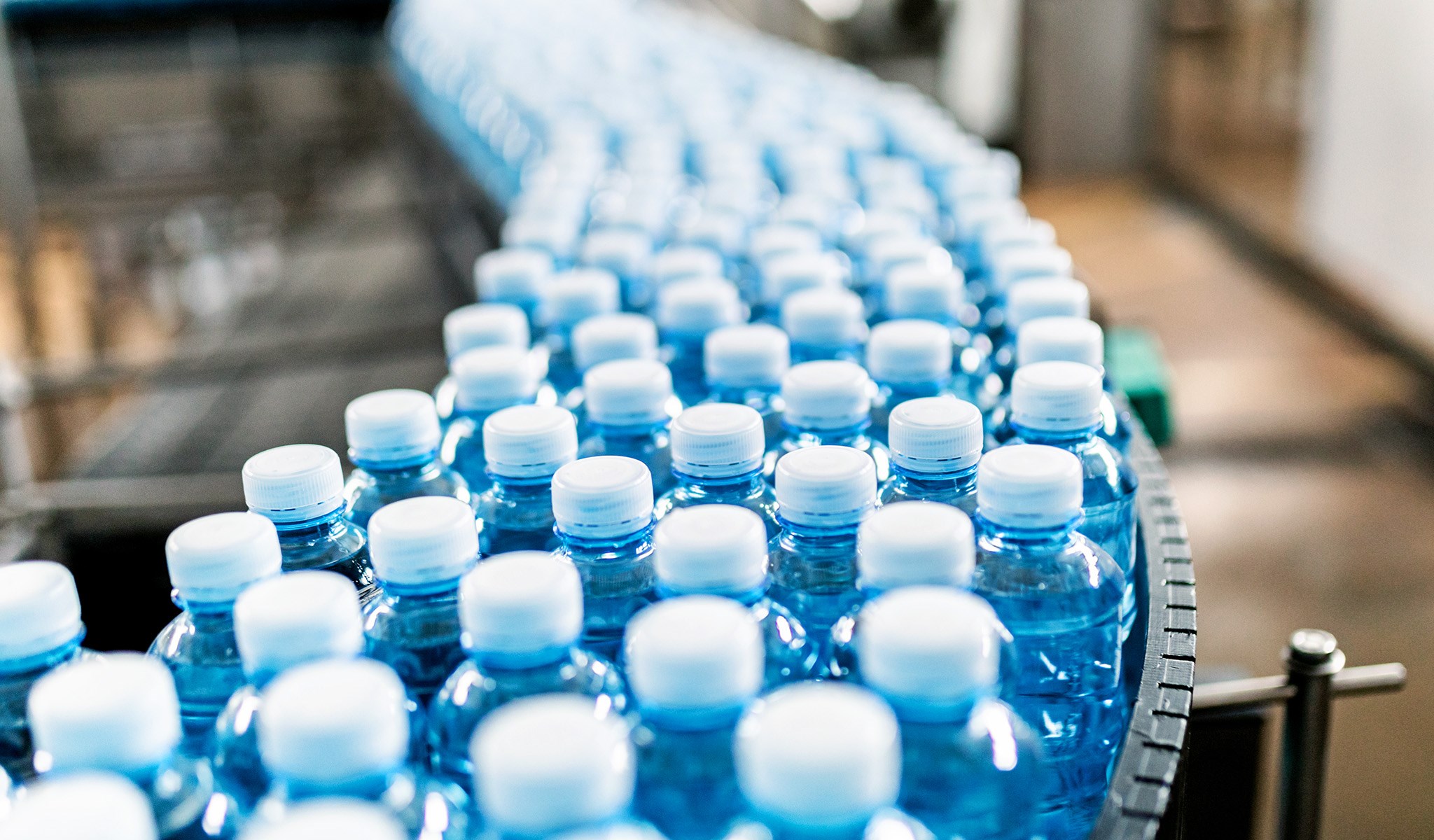You might not have noticed it in your day-to-day life, but the world of consumer products is changing. There’s a large push for highly customized, promotional, and seasonal products that create higher shelf demand and address increased brand proliferation stemming from evolving consumer preferences. Just think of how many options you have when it comes to buying milk—organic, dairy-free, soy, oat-based—compared with just a few years ago.
While new milk varieties may be one example of an expanding array of products, it shows the variety of new and different types of packaging required to meet the everchanging landscape. But, the trends at play are a large part of the story of Soteria Flexibles of Carol Stream, Illinois. In just four years, the company went from a single-plant, family-owned business outside Chicago to a leading manufacturer of highly custom, flexible packaging solutions that predominantly serves the healthcare, fresh food, and janitorial/sanitation markets.
The company provides customized, high-quality packaging for products in relatively small volumes, focusing on specialized businesses in underserved, high-growth areas. In addition to being a growth area for the packaging industry, Soteria’s story helps shed light on how—and why—packaging products are being packaged in new and innovative ways.
Soteria’s Rapid Rise
Soteria was formed by private equity firm Ardian’s 2019 platform acquisition of Colonial Bag, a family-owned company based outside Chicago. The company grew quickly over the next four years, making highly accretive acquisitions within the flexible packaging industry. During a 2021 interview, Vince Fandozzi, Head of North American direct buyouts at Ardian and Soteria’s former private equity owner, described Soteria’s strategy as "[Big companies] are great at serving the large companies with large volumes. What we recognize is there is a need to be able to serve smaller customers and also large customers with smaller SKUs. That piece was missing. [Soteria] see[s] that need."
William Blair served as an exclusive financial adviser to Soteria during the company’s September 2023 sale to TJC (The Jordan Company). A driver of value during the transaction was Soteria’s business being purposefully built across all aspects of its operations to successfully execute its aforementioned strategy. Through its broad offering of extrusion widths and unique converting capabilities ranging from pouching and bag making to digital printing, Soteria is designed to offer customers ultimate customization at minimal order quantities—exactly what consumer-packaged goods (CPG) companies are demanding to serve consumers’ evolving needs (e.g., shelf differentiation for CPG brands through product visibility, high-graphic printing, and custom packaging sizes and designs).

How Consumers Might Notice the Trend
As consumer diets continue to evolve, so too will the demands of CPGs, and, thus, packaging manufacturers. Increasing demand for alternative diets, such as plant-based, vegan, vegetarian, and pescatarian, will result in CPGs looking to drive identity for their brands serving these diets via customized packaging for each unique packaging design and brand combination. Through its highly flexible operating model with quick production changeovers between product designs and printing, Soteria successfully meets each specialty brand's demands with short lead times. The average consumer will likely see Soteria’s packaging around products like gluten-free tortillas or fresh fish.
Soteria also continues to be at the forefront of developing consumer trends, including the rise in automation within the manufacturing and distribution value chains, a heightened emphasis on food safety and quality (necessitating protective films and bags), and growing demand for recyclable and compostable products. Through its innovative product designs, Soteria has developed solutions to operate in fully automated applications and has meaningfully increased the use of recycled resin content within the raw materials utilized for its products.
As consumers’ needs and demands continue to evolve, the products CPGs sell must also change—thus driving changes to the packaging that holds them. Soteria exemplifies a company seeing significant success by strategically designing its business model to address these broader consumer and societal changes.



